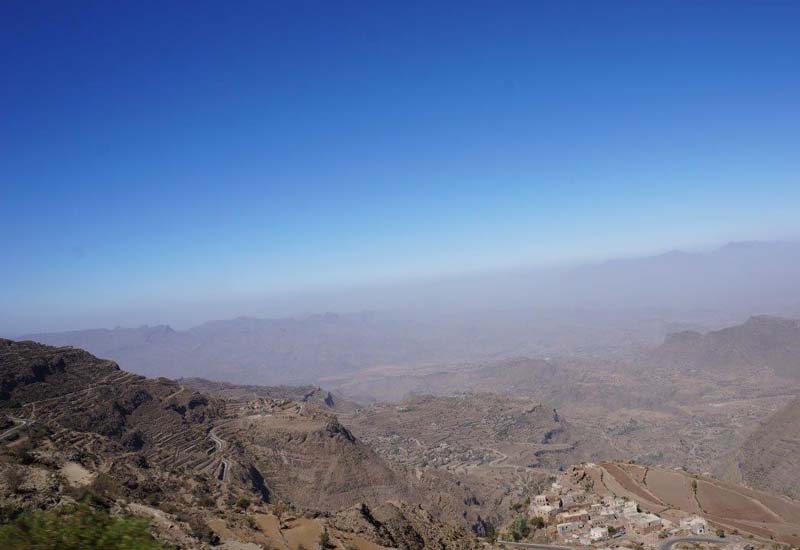Regardless of the direction the industry takes, Yemeni coffee has already attracted some influential fans. One of the industry figures who was present at the SCAA event in Seattle was Jim Cleaves, coffee excellence manager for Dunkin’ Brands, which has 10,858 Dunkin’ Donuts stores around the world and generates around half of its $7bn revenue from coffee sales.
“Yemeni coffee holds a unique place in the world of coffee. Although most historians tell us that coffee was first discovered in Ethiopia, Yemen was the first to commercialise it about 1,000 years ago. Cultivation methods today in Yemen remain much as they have been for hundreds of years. These ancient practices, combined with the wide genetic diversity Yemeni coffee and Yemen’s distinctive terroir, produces a spectacularly varied and flavourful coffee, noted for its flavours of chocolate and dried fruit,” Cleaves says.
“The world has not heard much good news from Yemen lately. So it’s all the more special that great work is being done there by USAID and others to work with Yemeni coffee producers. They brought together some of the latest growing, harvesting, and processing techniques with the best of Yemen’s traditional practices. The results that hundreds of us cupped at the 2015 SCAA show included some of the most spectacular coffees I have ever tasted. Yemeni coffee has always occupied a special place among the world’s greatest. Now it appears poised to rise to new heights,” he adds.

| Advertisement |
Hetzel points out that this is significant as Cleaves is one of the industry’s most-respected coffee professionals and long-time supporter of Yemen. “The coffee absolutely has mass-market potential. At one point in history, it was the only coffee serving the world. In modern times, it was the foundation of one of the world’s most popular combinations of coffee, the Mokha / Java [Indonesia] blend. If Yemen could produce and deliver a consistent and clean crop, it could return to mass markets again without question,” he believes.
The sector is certainly attracting a following as earlier this year the Yemeni Embassy in Washington DC hosted an event in the American capital to showcase Yemeni coffee to influential US lawmakers. If those present also become fans of Yemeni coffee maybe they can use their political influence to develop a solution to the civil war crisis and Yemeni coffee can finally reclaim its the glory days.
“The industry will get back to where it was very quickly. The problem is that where it is currently is very far from where it should, and could be, as far as providing better volume of traceable authentic high-quality Yemeni coffee on a consistent basis,” Kerr says.

| Advertisement |









 Search our database of more than 2,700 industry companies
Search our database of more than 2,700 industry companies









